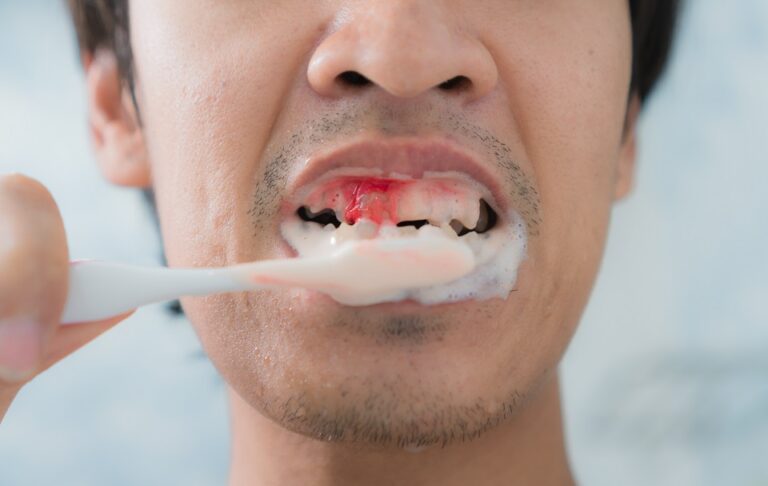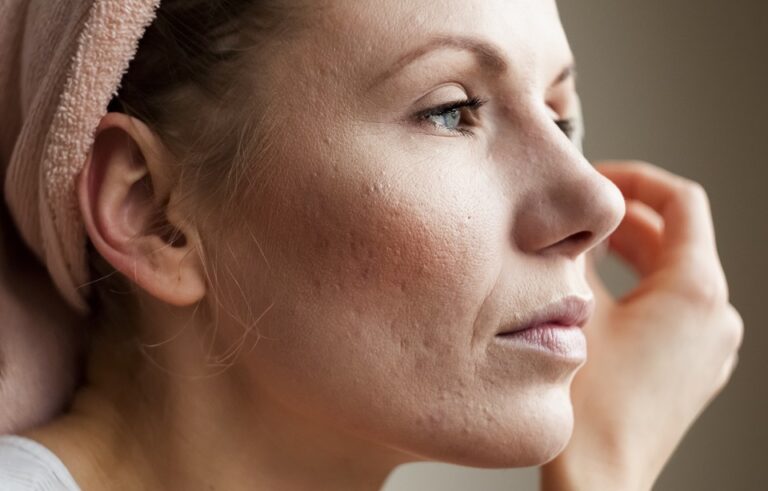
- Winter and joints – Every winter, some family friend swears that his/her joints are aching whenever it’s about to snow or when there’s a storm coming. How ‘bout that? While evidence that the weather has something to do with aching joints is strictly anecdotal, some DO have an answer on the issue. Apparently, the barometric pressure would cause tissues to swell, and put a strain on joints. What is there to do? In this situation, it’s best to ask your primary care physician, in order to find a correct answer.
- Winter accidents and injuries – A slip on the ice can happen to anybody, but it’s particularly dangerous for those who suffer from osteoporosis, a disease that causes brittle bones. In this situation, one minor fall can lead to serious problems, like a hip or knee fracture. If you want to know more about the strength of your bones, you can always have a bone density scan. It’s a non-invasive test that helps evaluate the strength of your bones.
- Cold weather and the immune system – Although others might not agree, it’s not the weather that ignites colds and flu, but a stranger fact. The reason we get that nasty cold during winter is that the weather drives people indoors. The more time you spend inside, the likelier it is to get in close contact with those who might carry the flu. The only solution is to wash your hands as often as possible and get the flu shot.
- Cold weather and a heart attack – As the weather turns colder, blood vessels narrow in a process called vasoconstriction. Narrow blood vessels can lead to a heart attack, as Harvard Medical School has stated. The key to taking care of ourselves is to dress appropriately for the weather. This means getting out the whole arsenal: warm hat, gloves, and a winter coat.
- Dry skin in winter – Winter air is already famous for causing our skin to dry. The cold and dry air makes the moisture in your skin disappear faster. That’s why it’s highly recommended to use a moisturizer regularly.

























